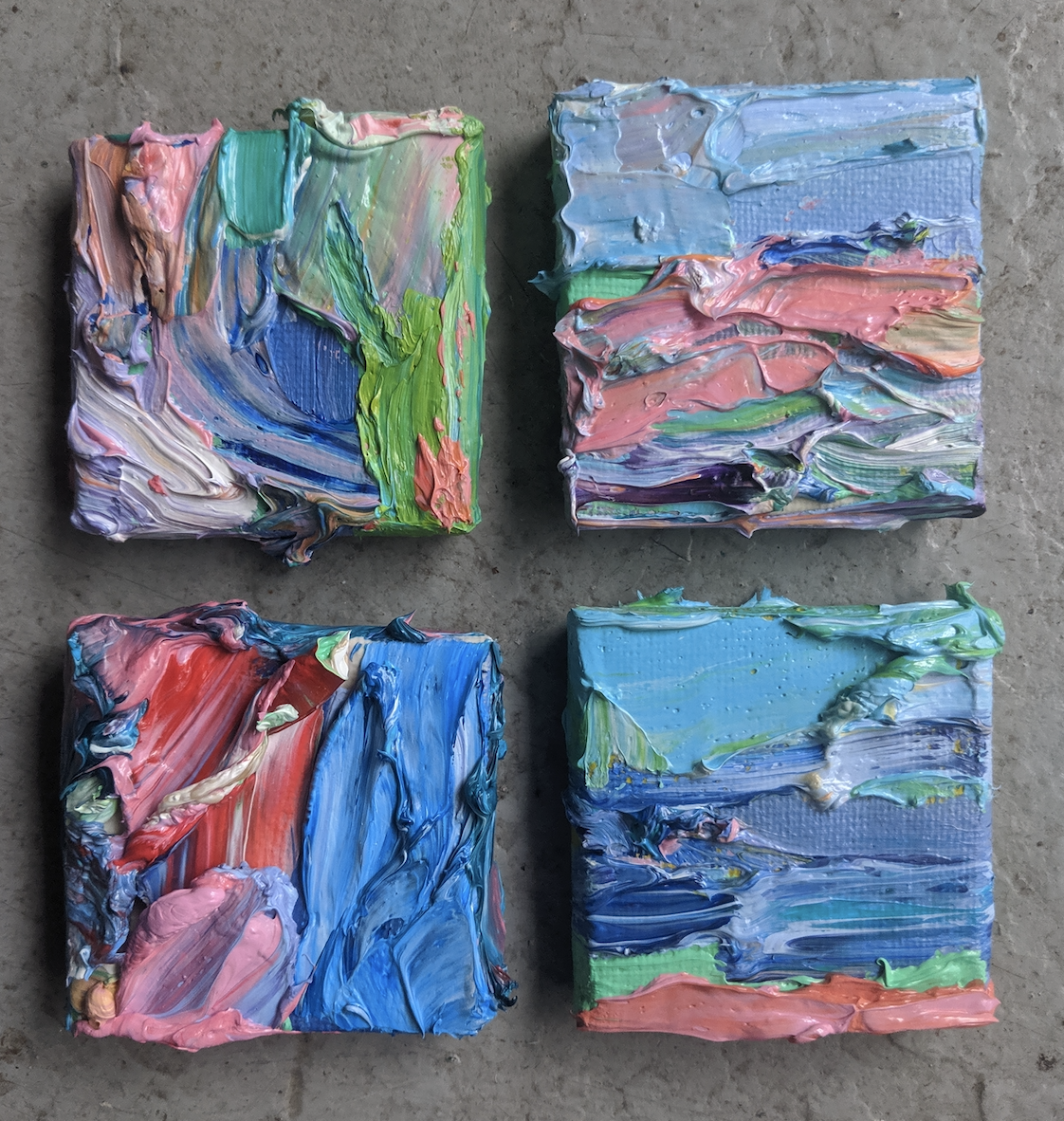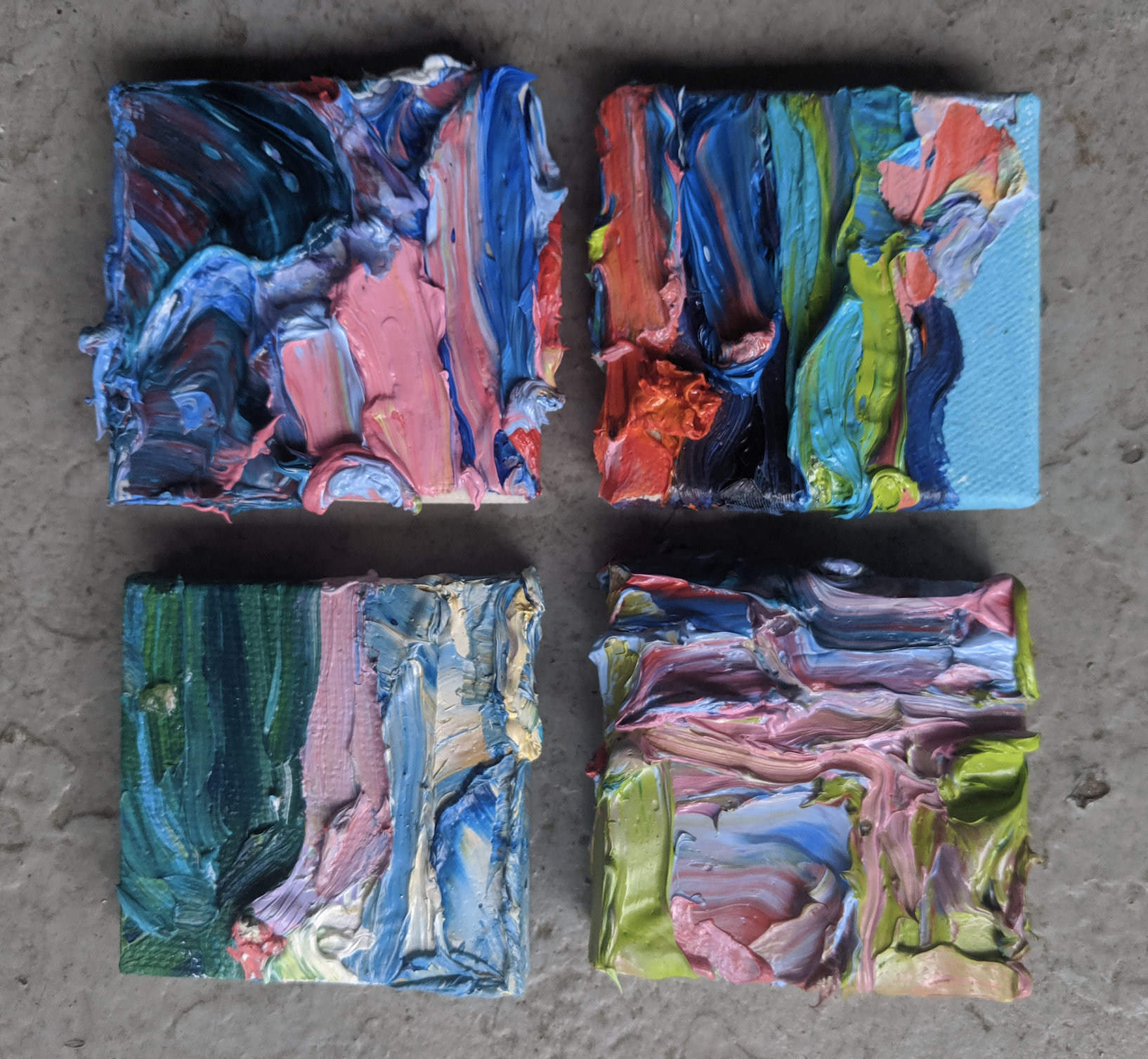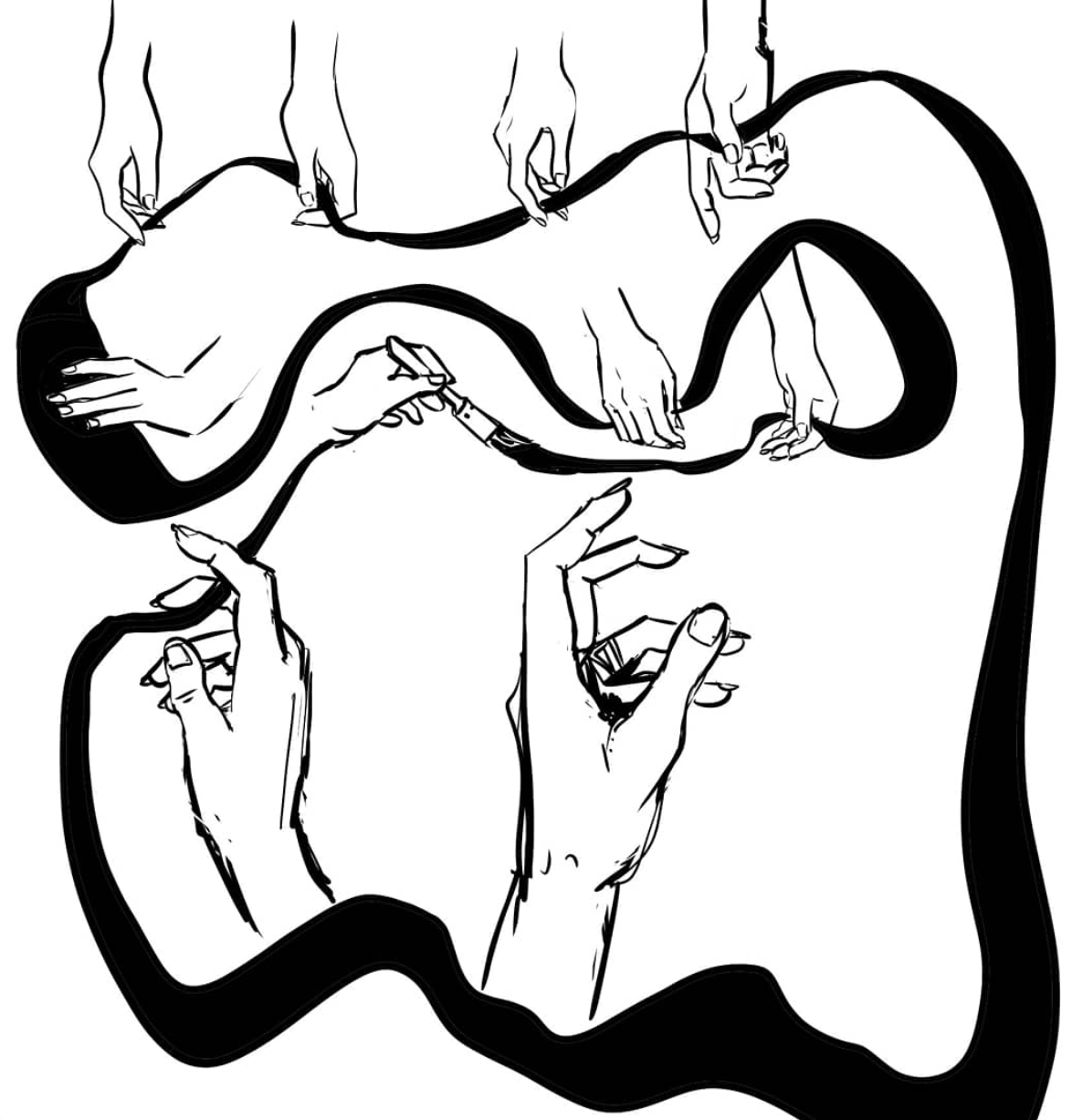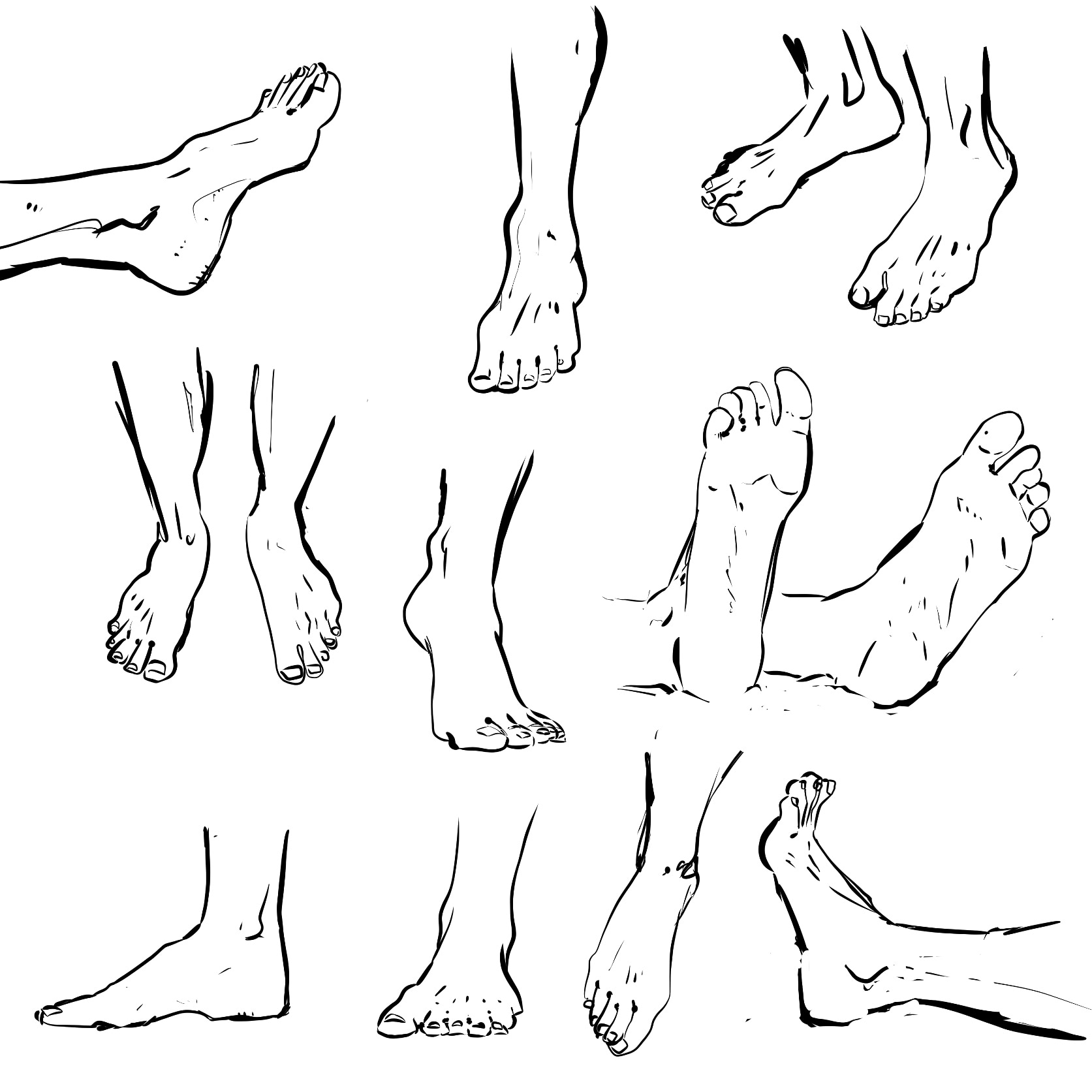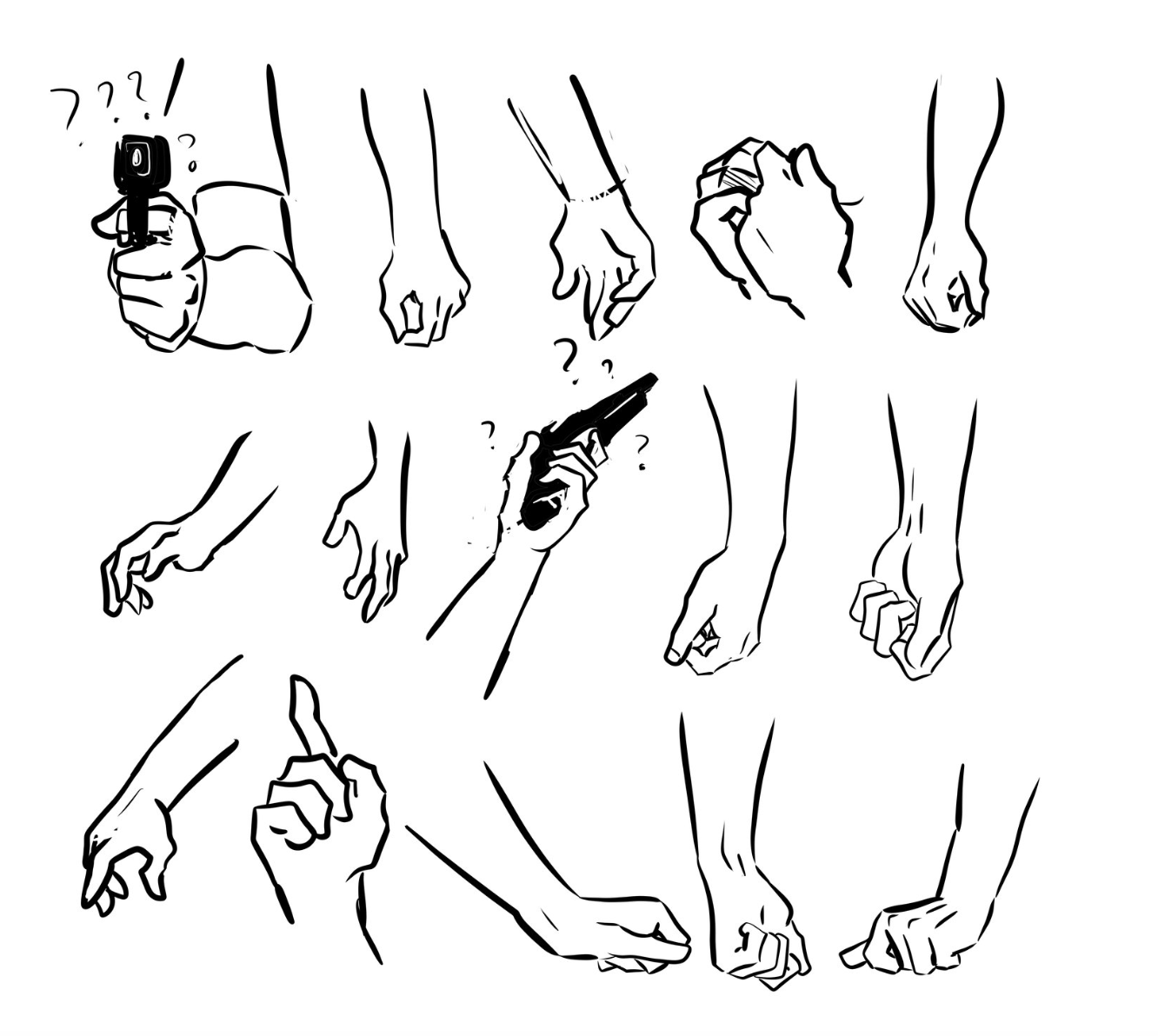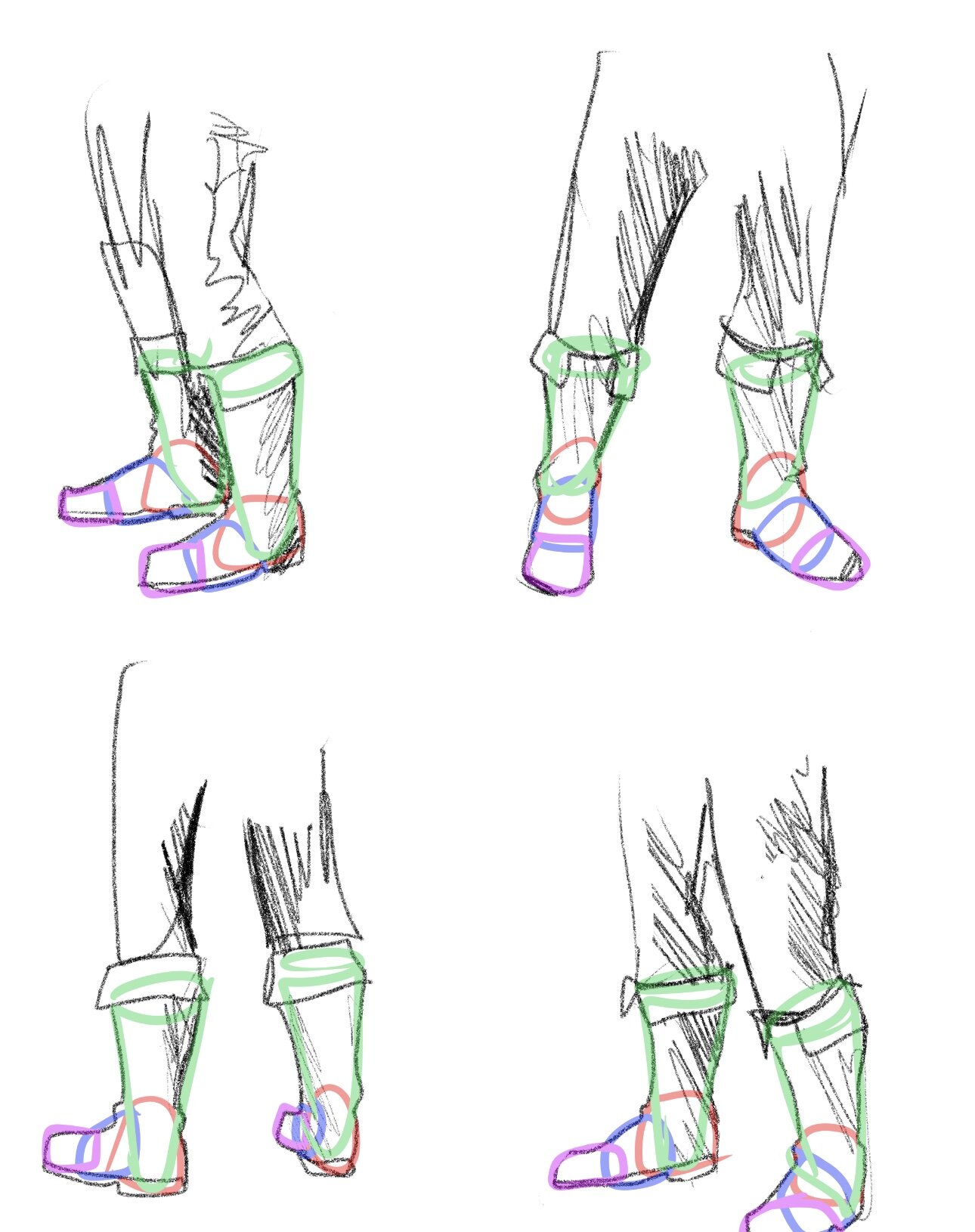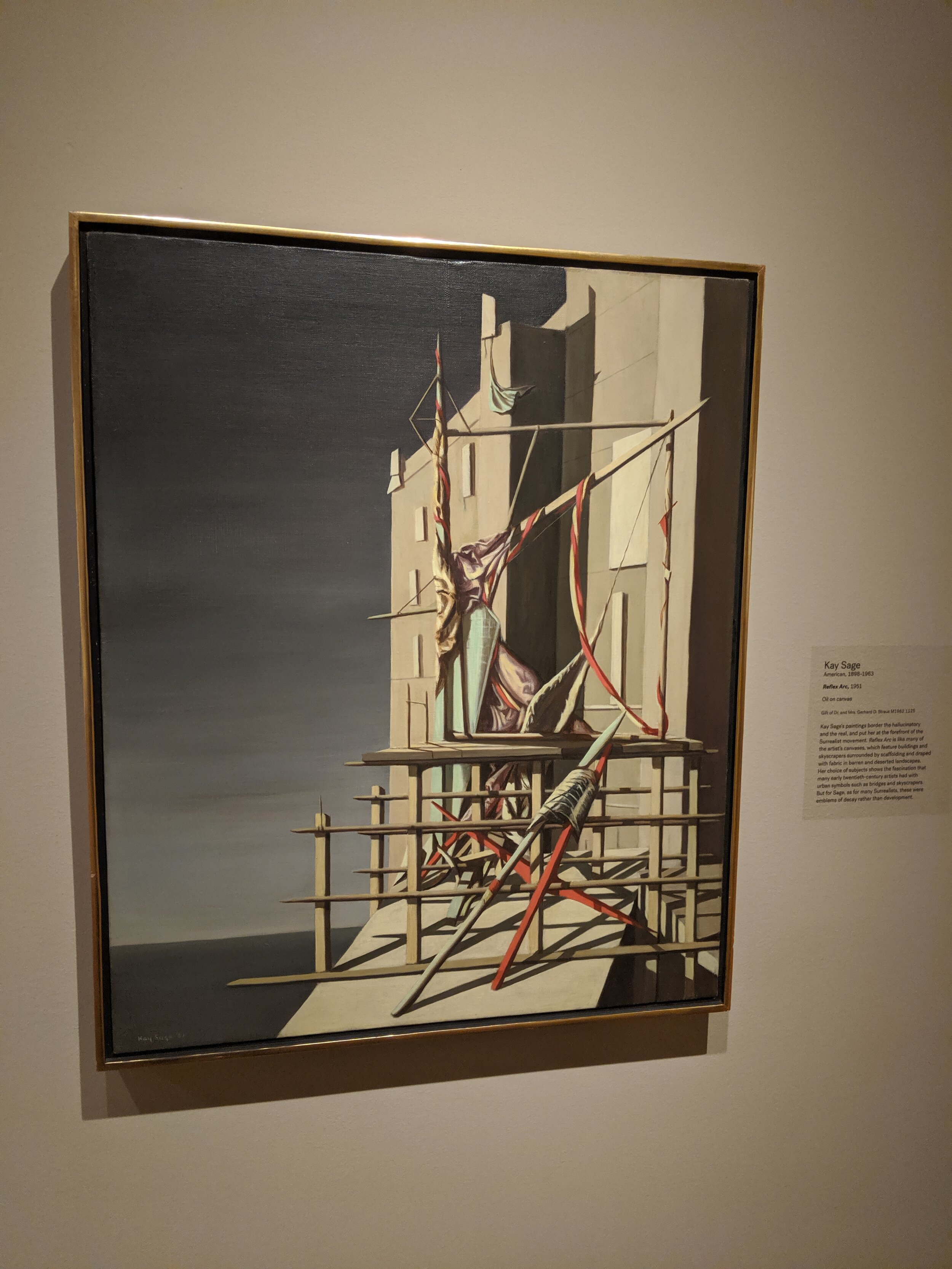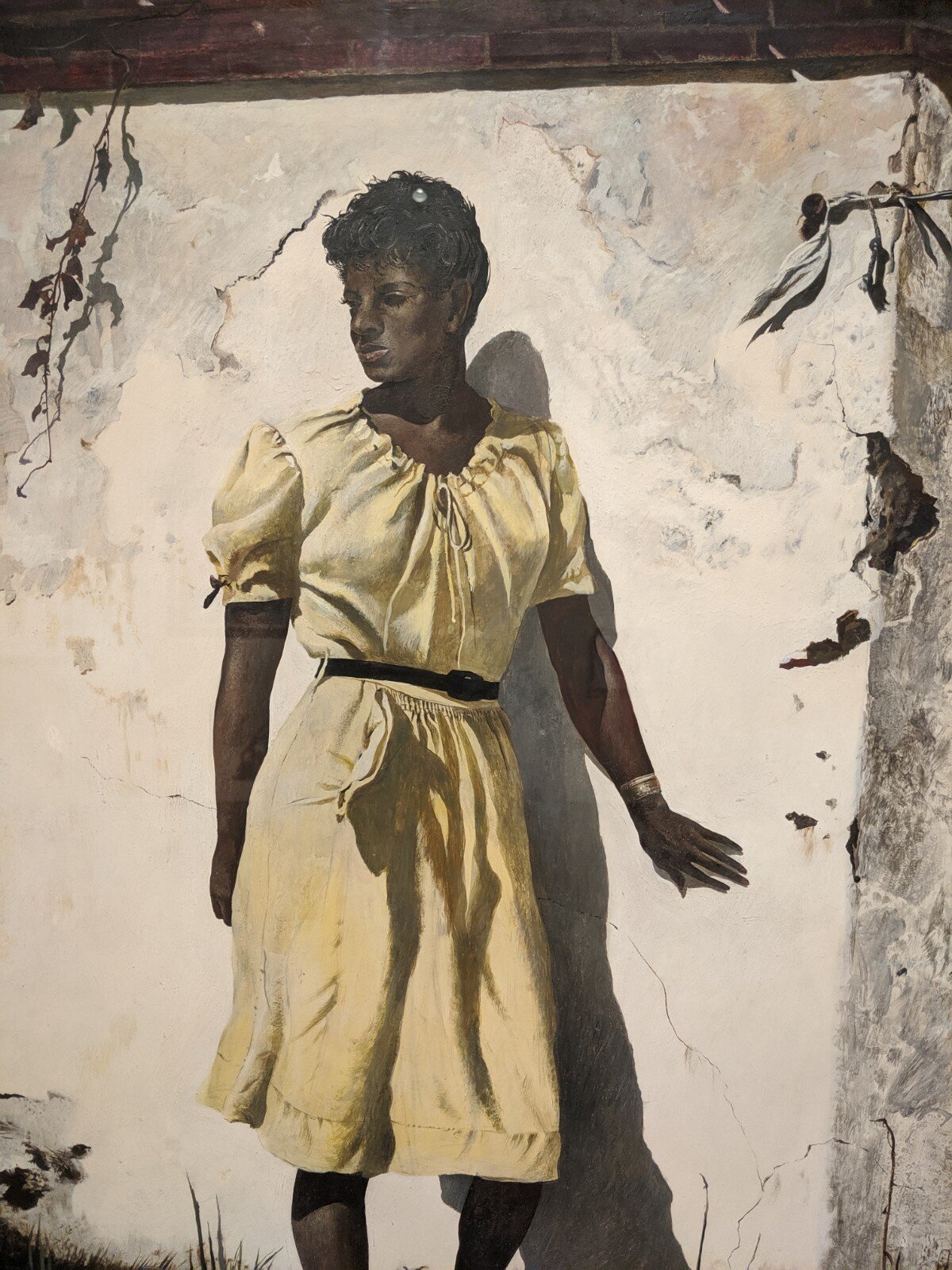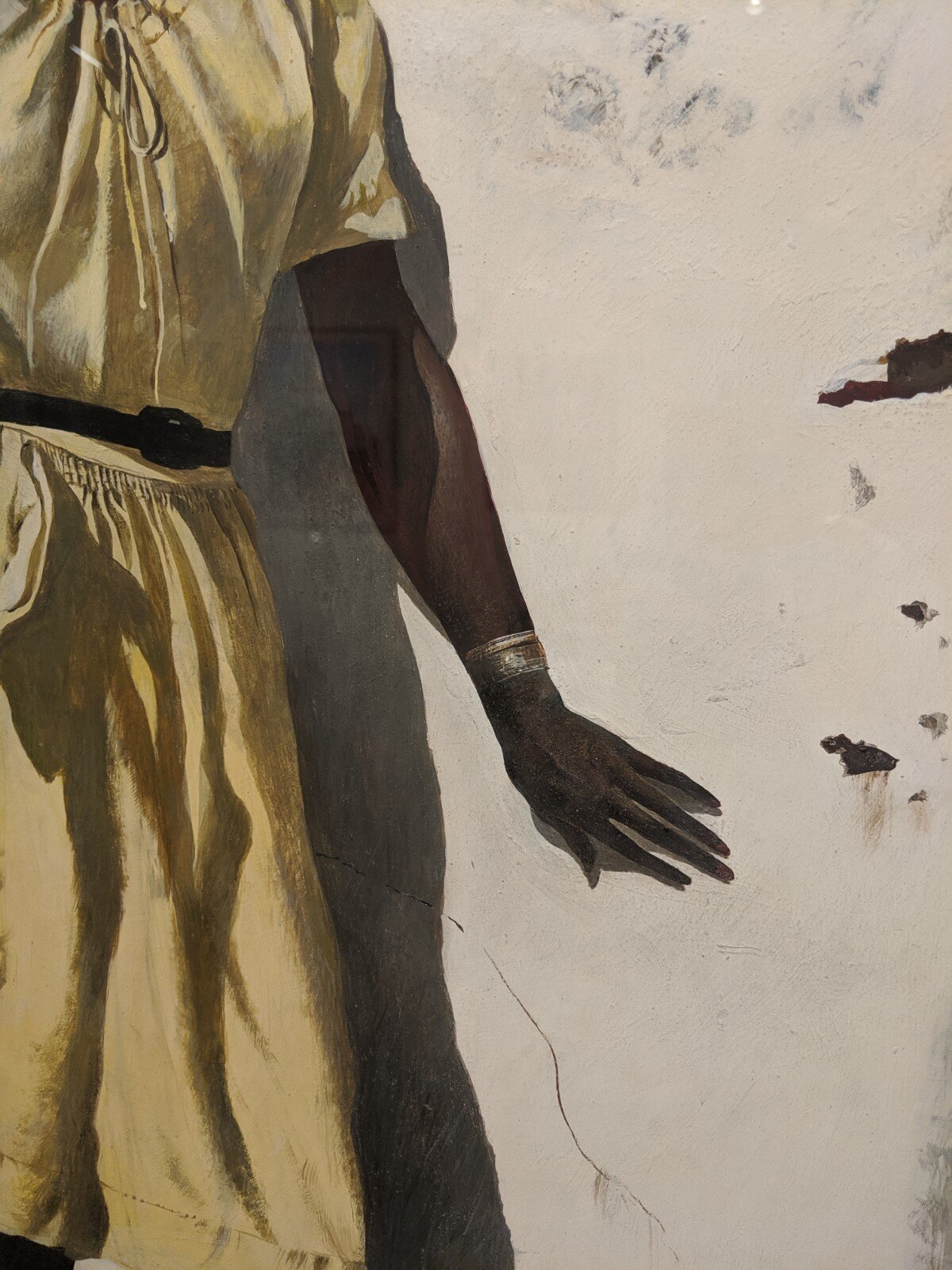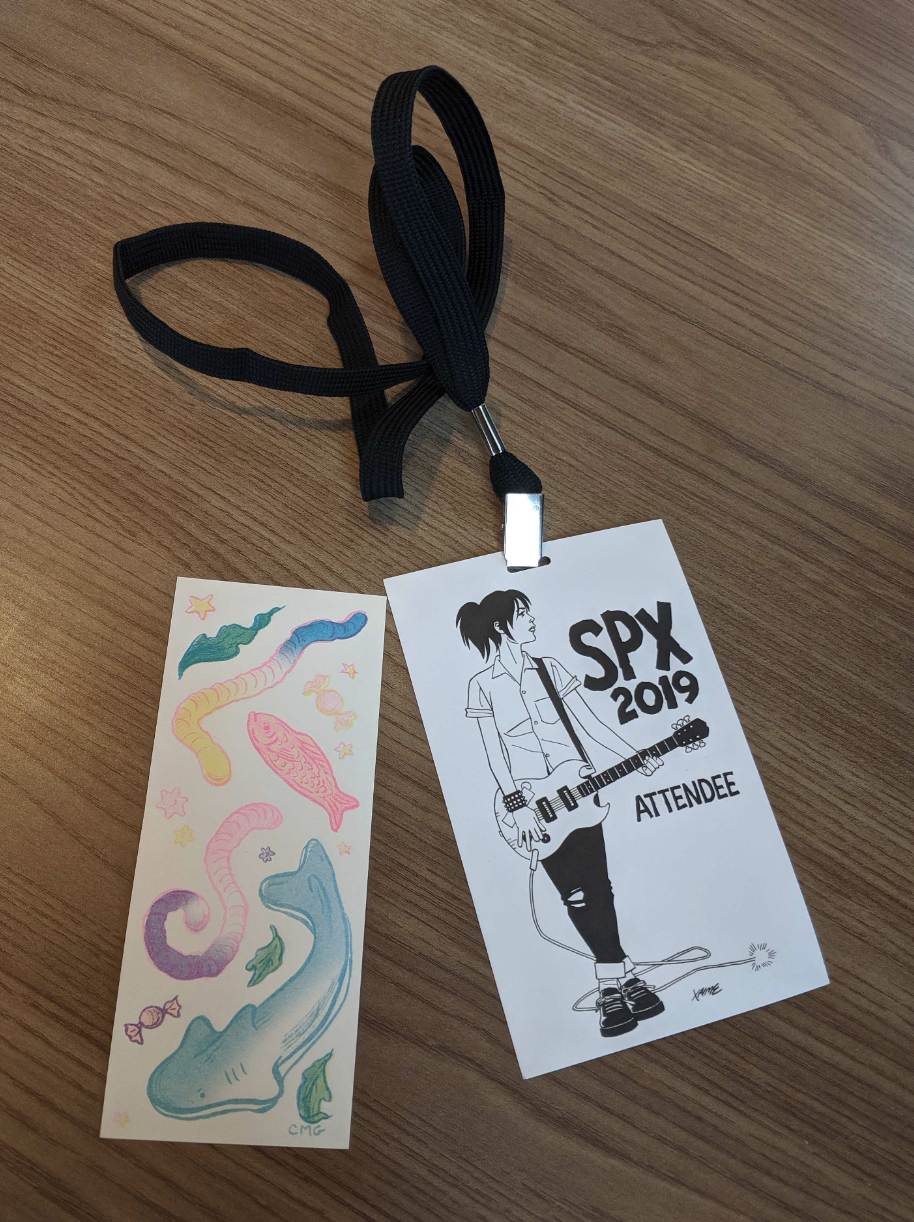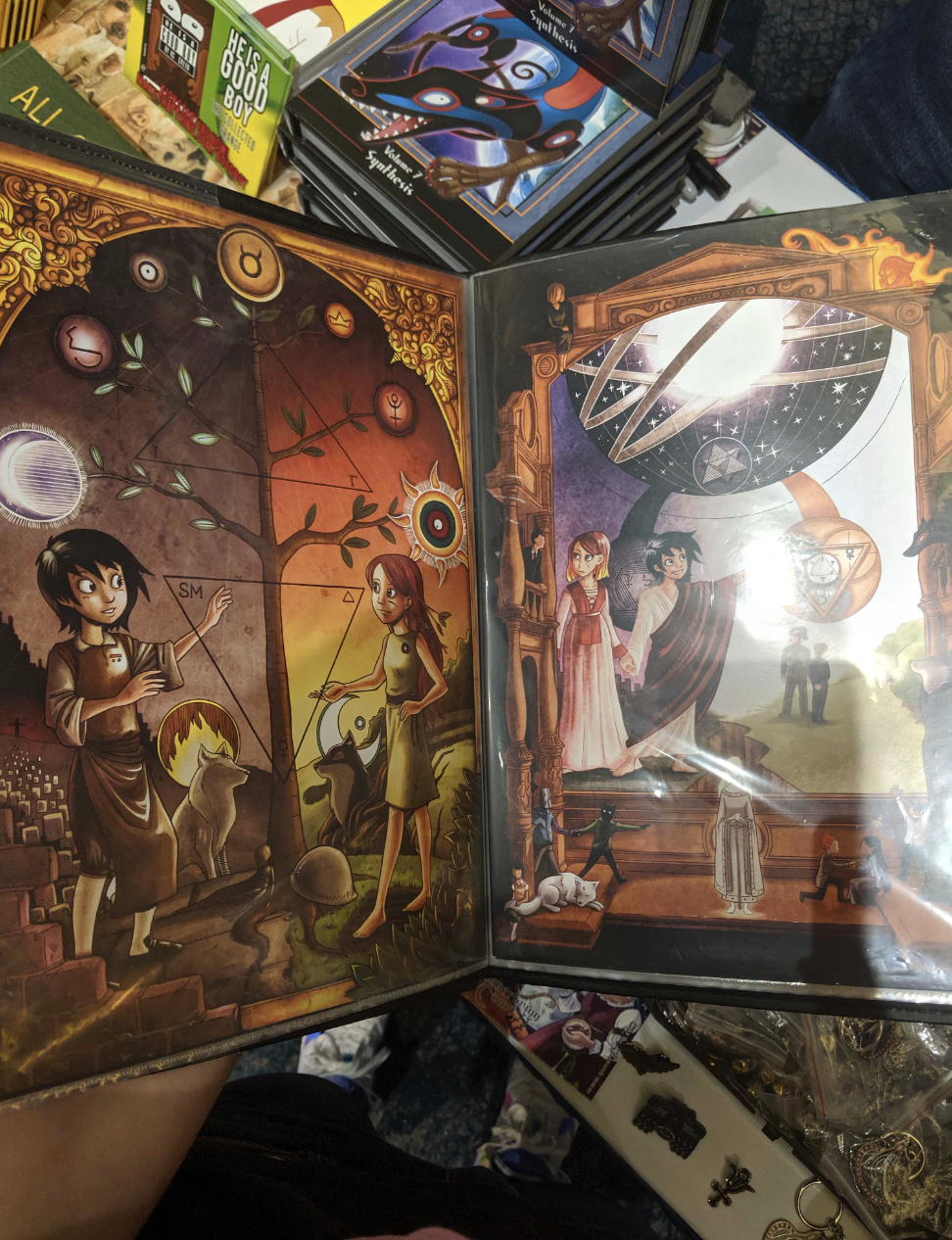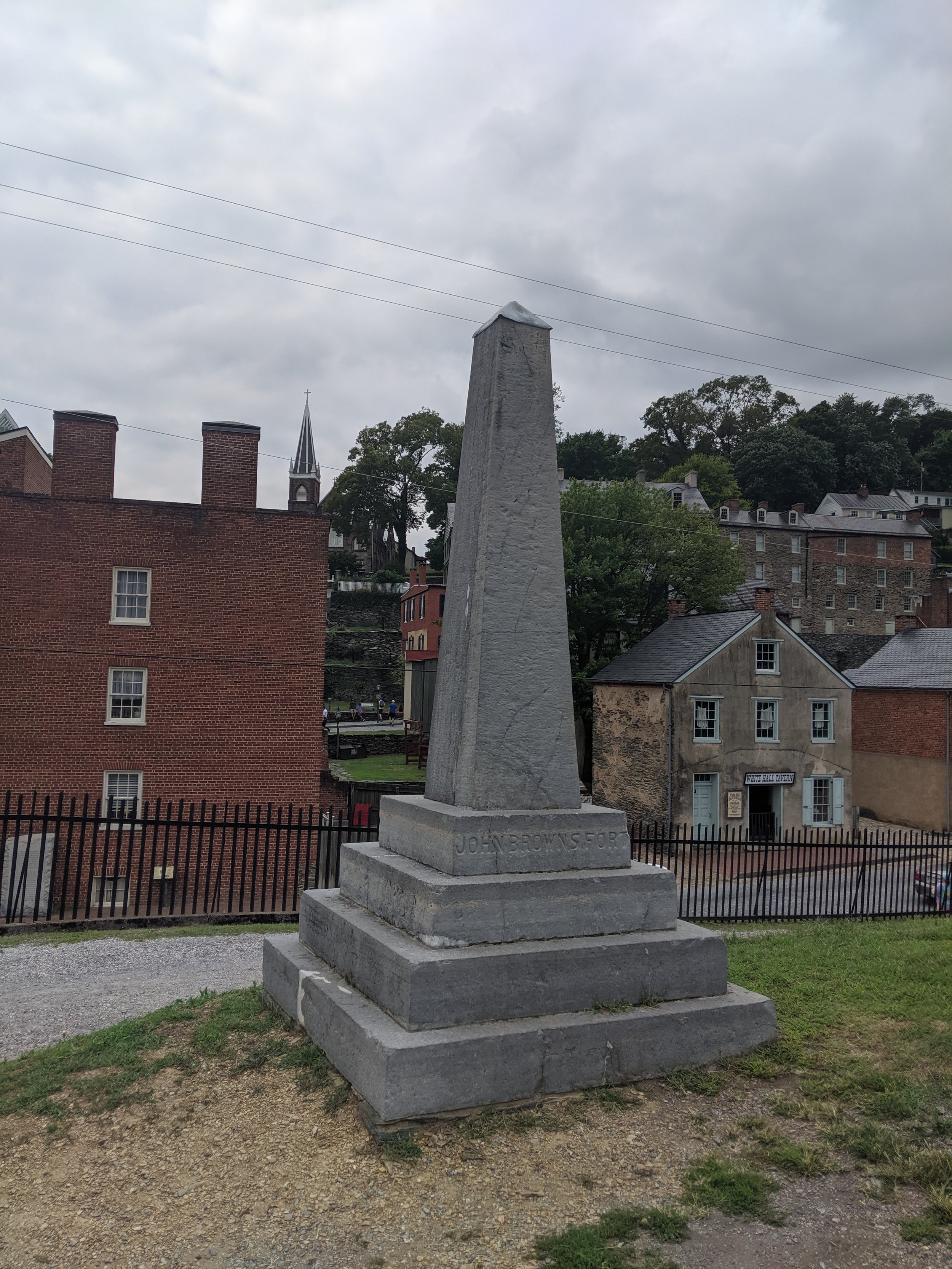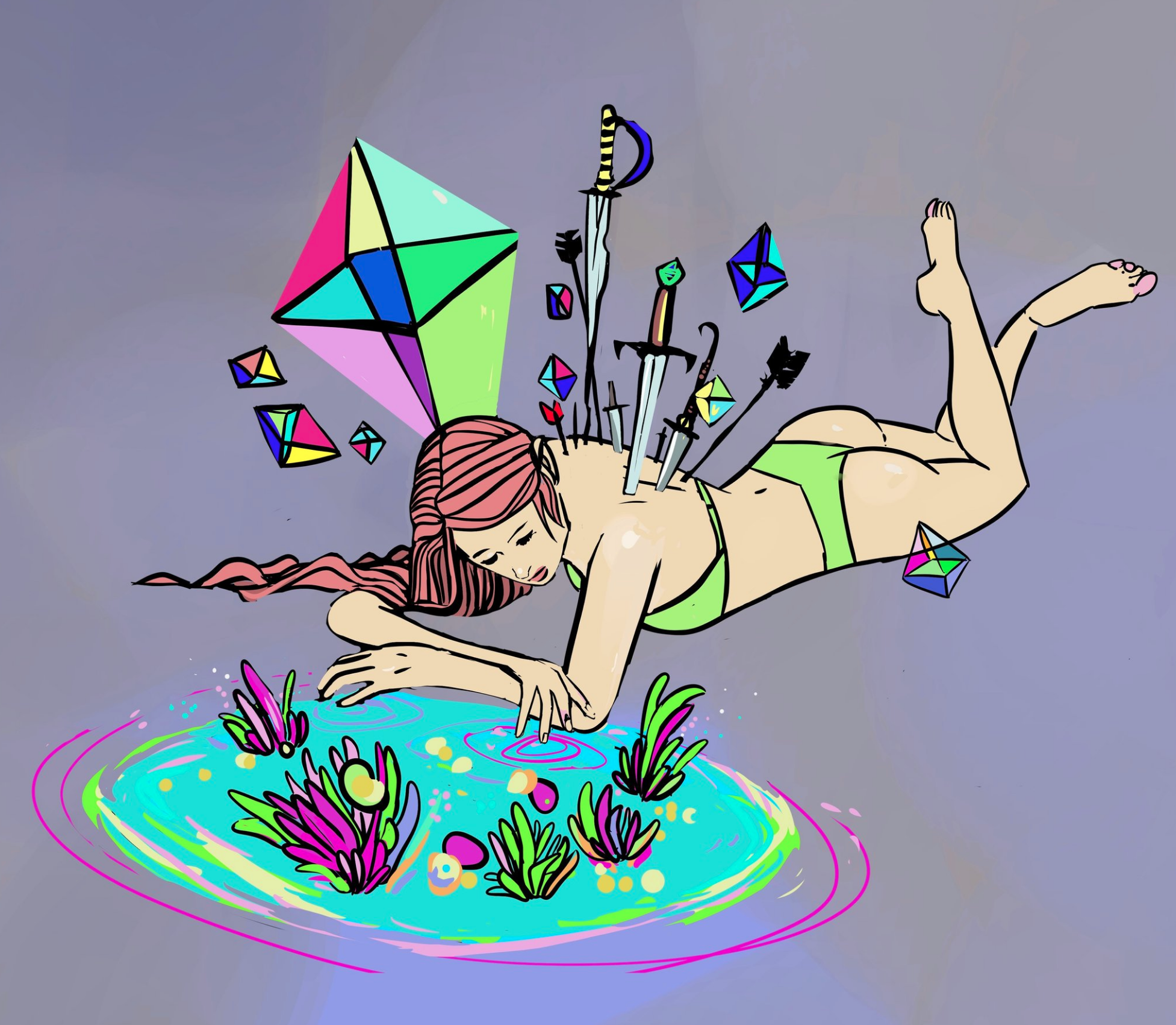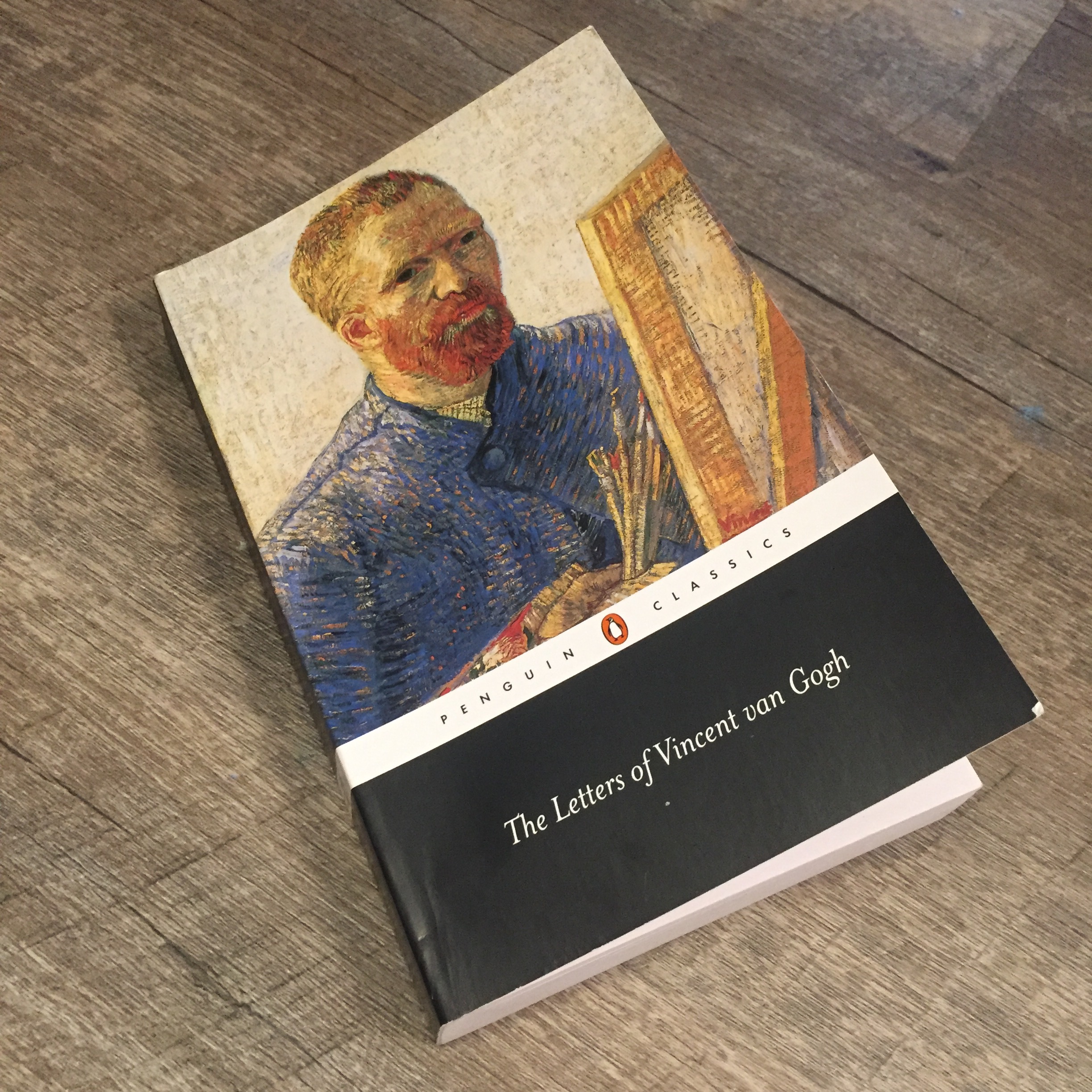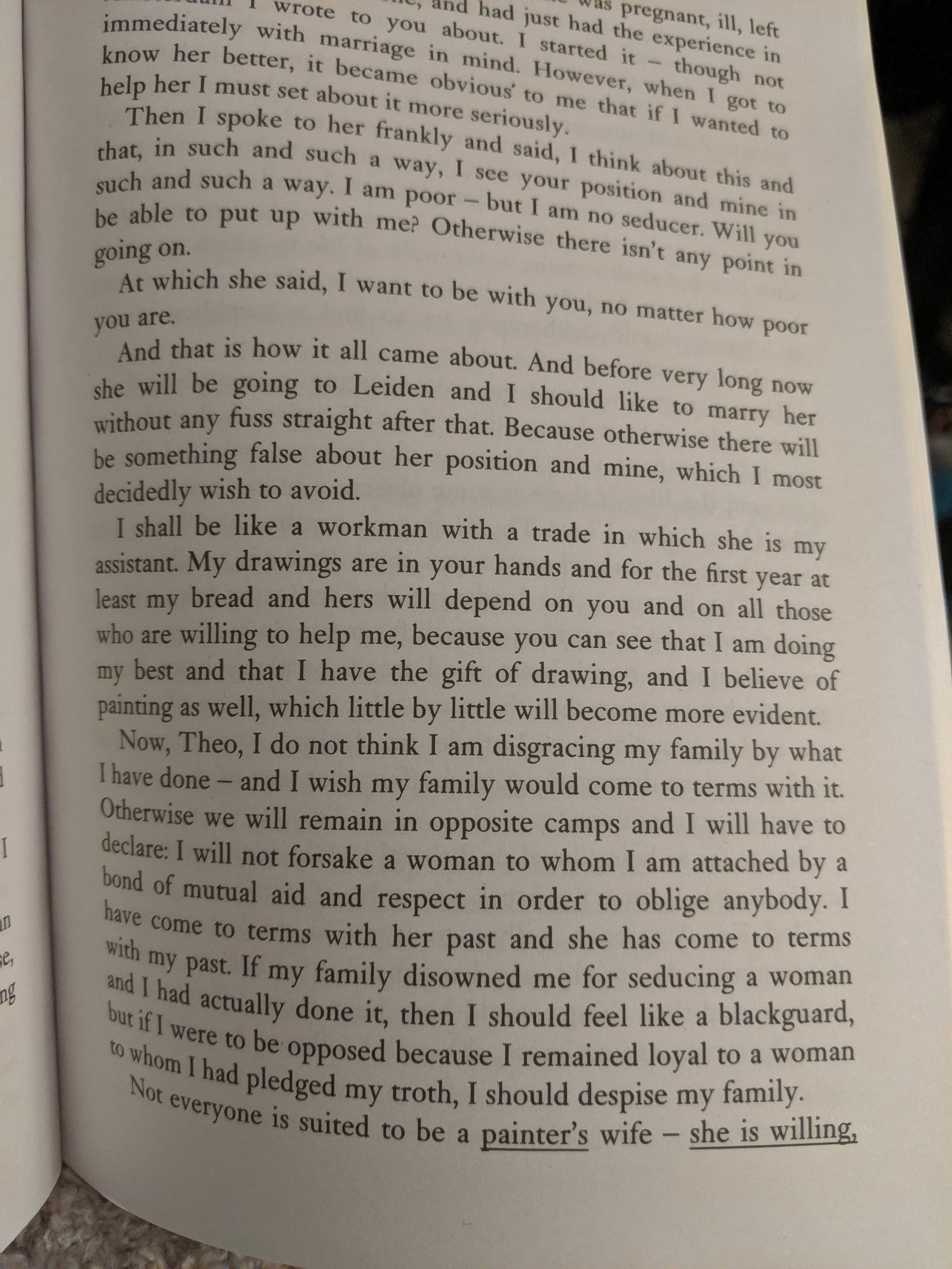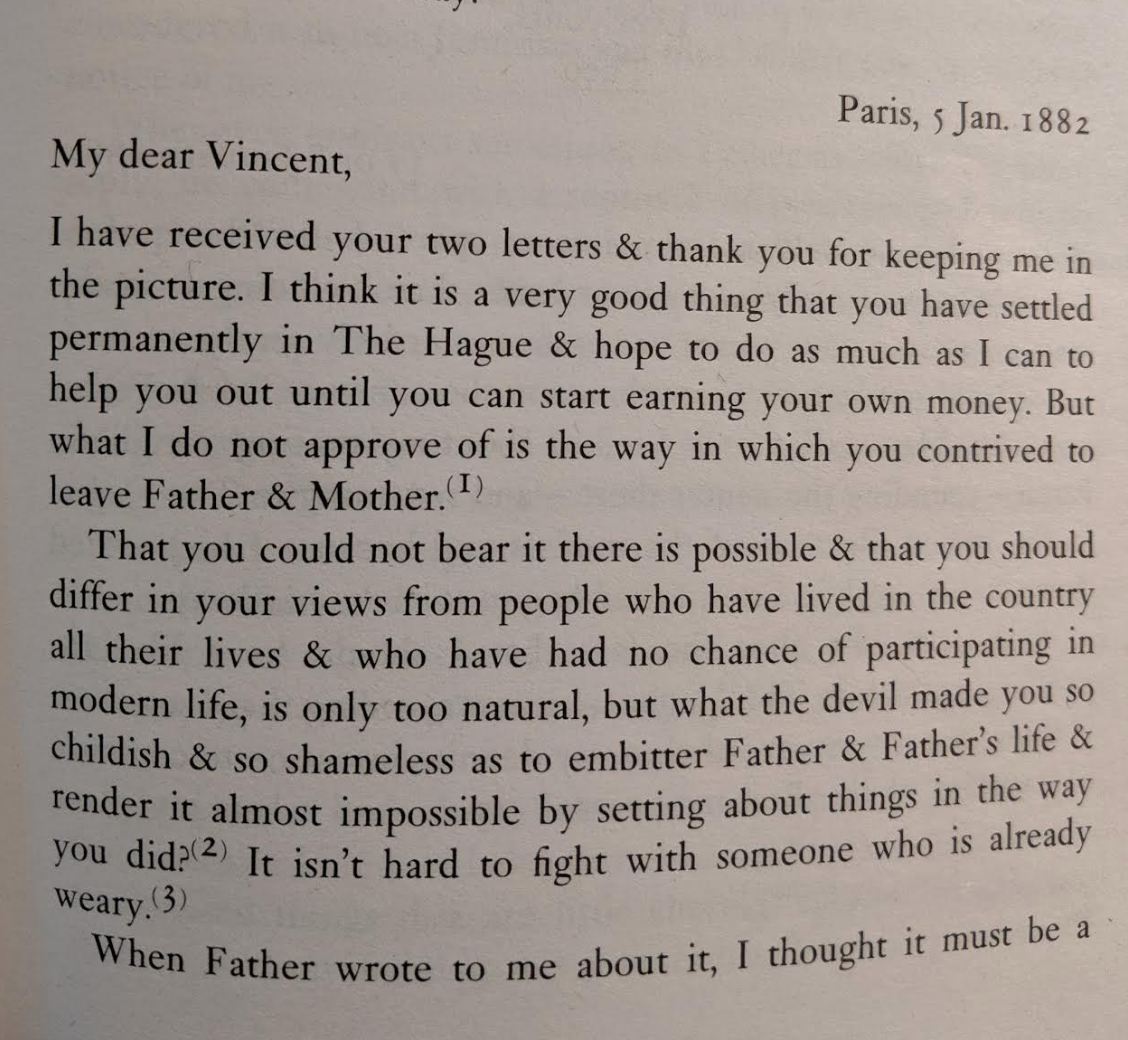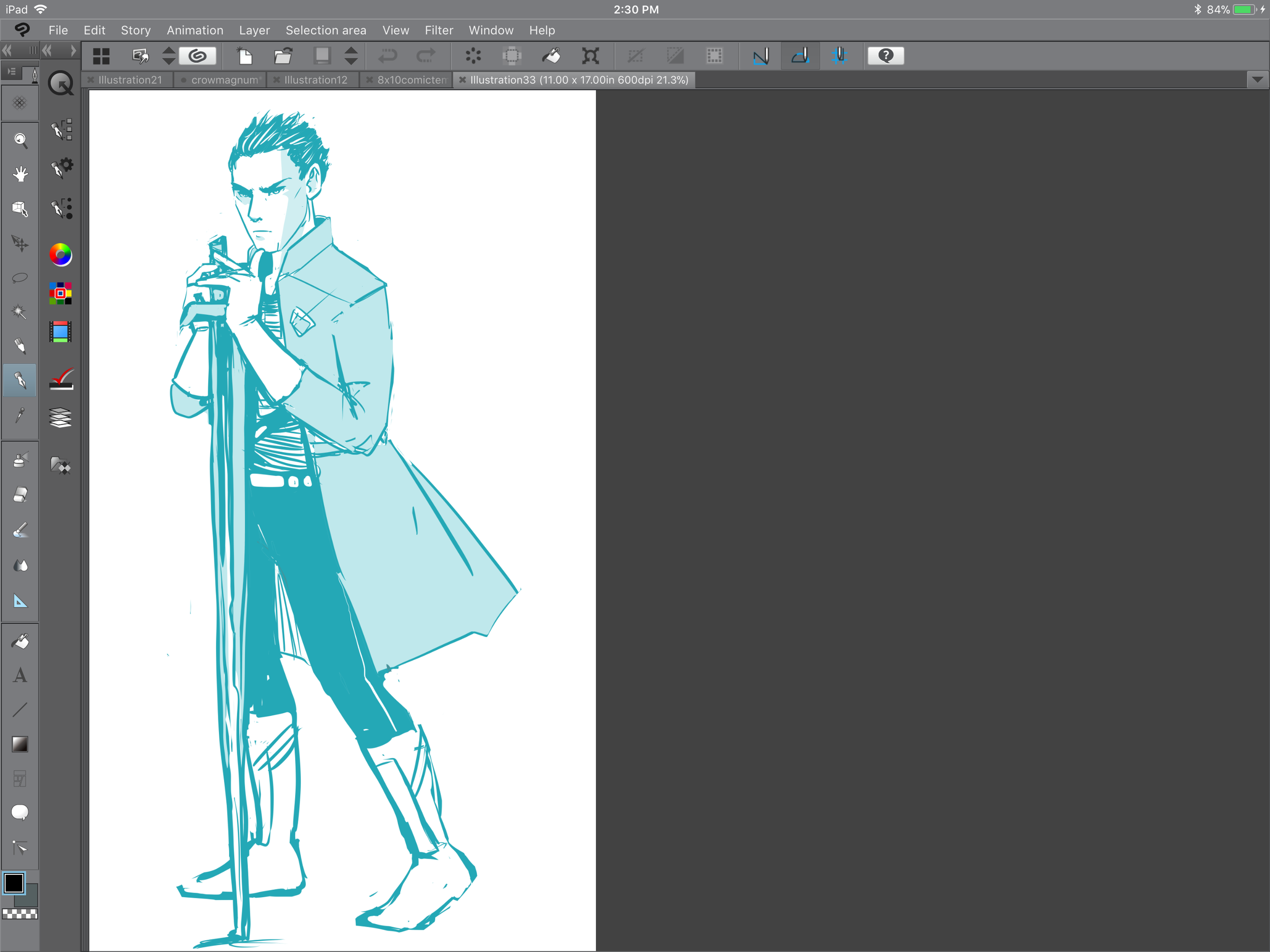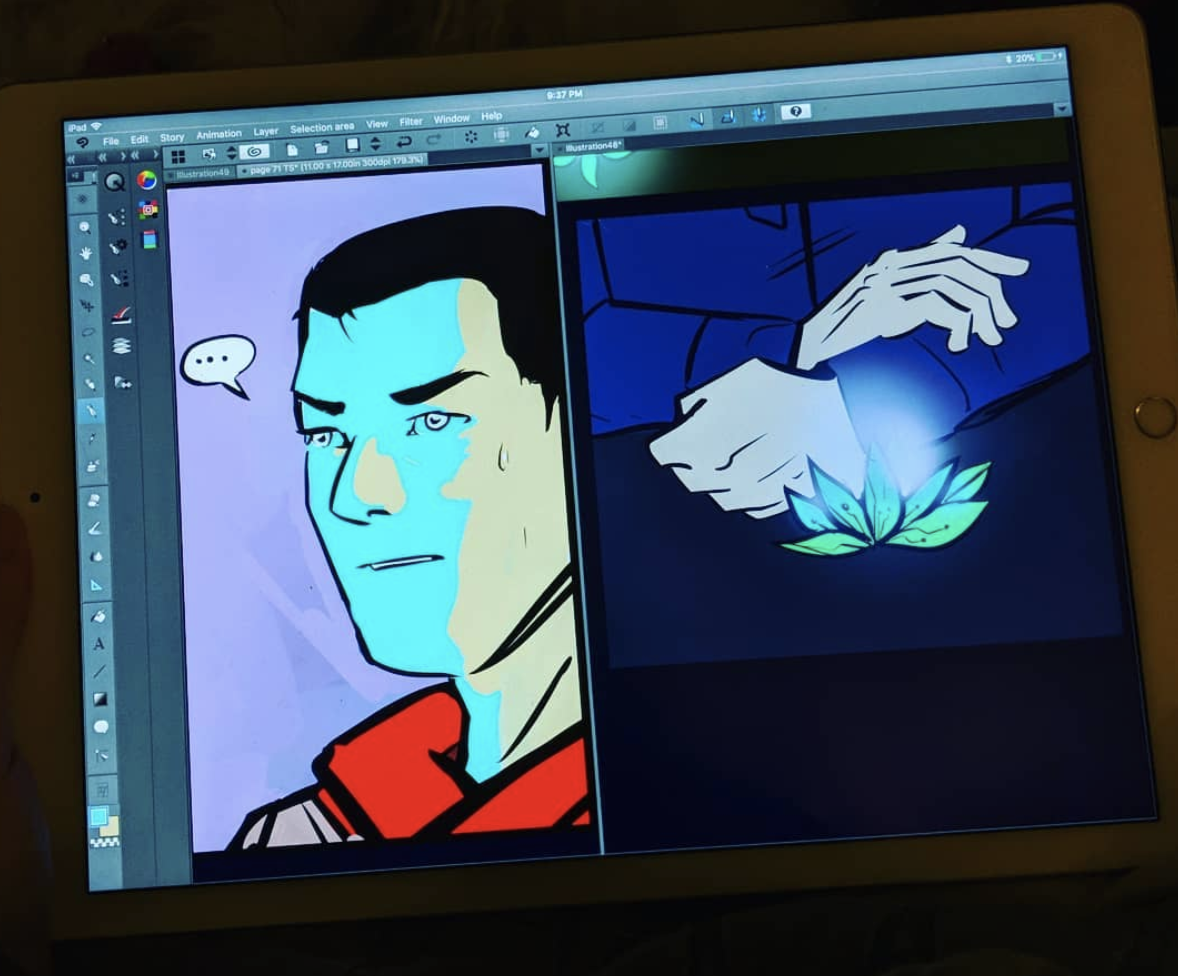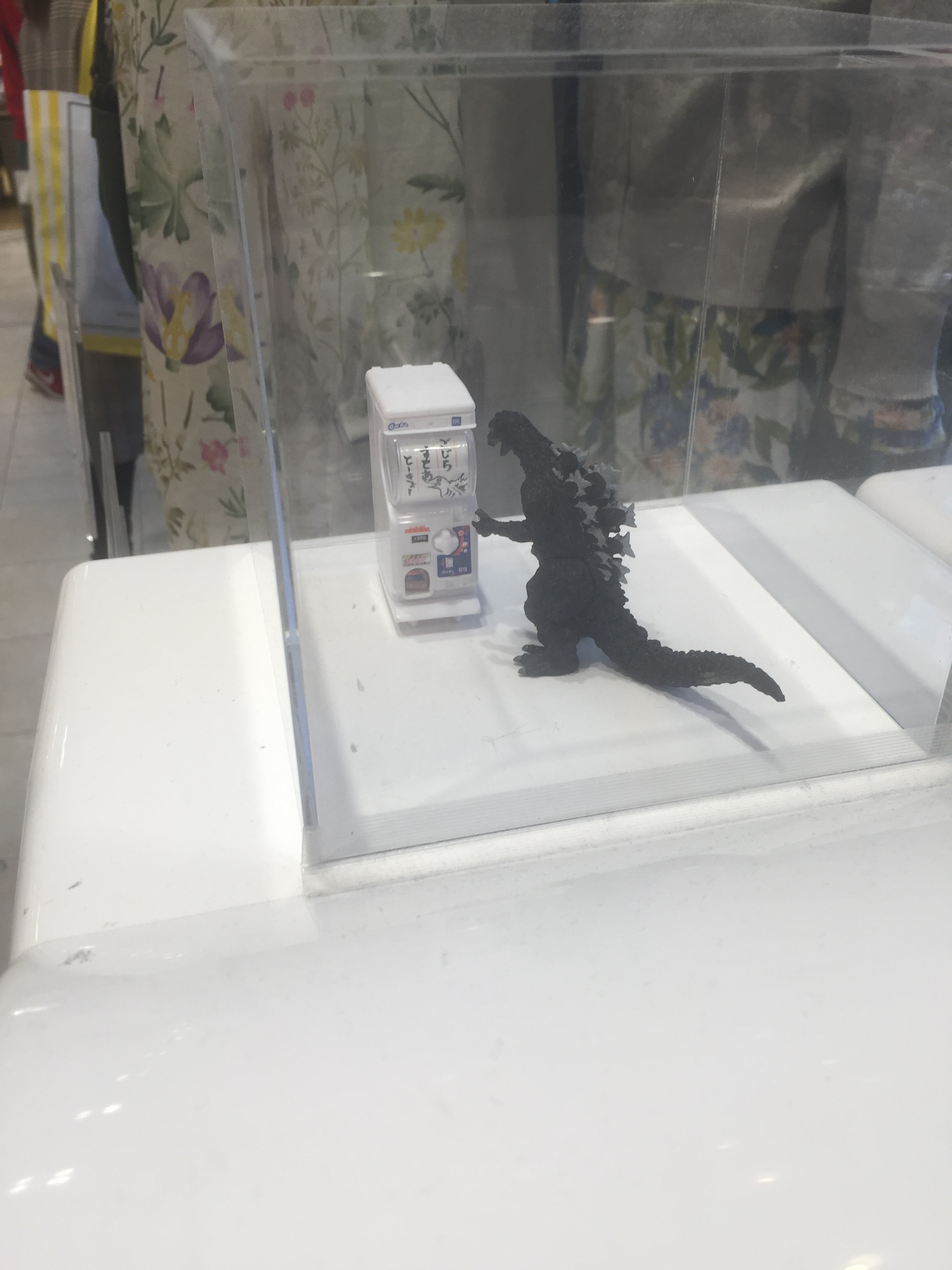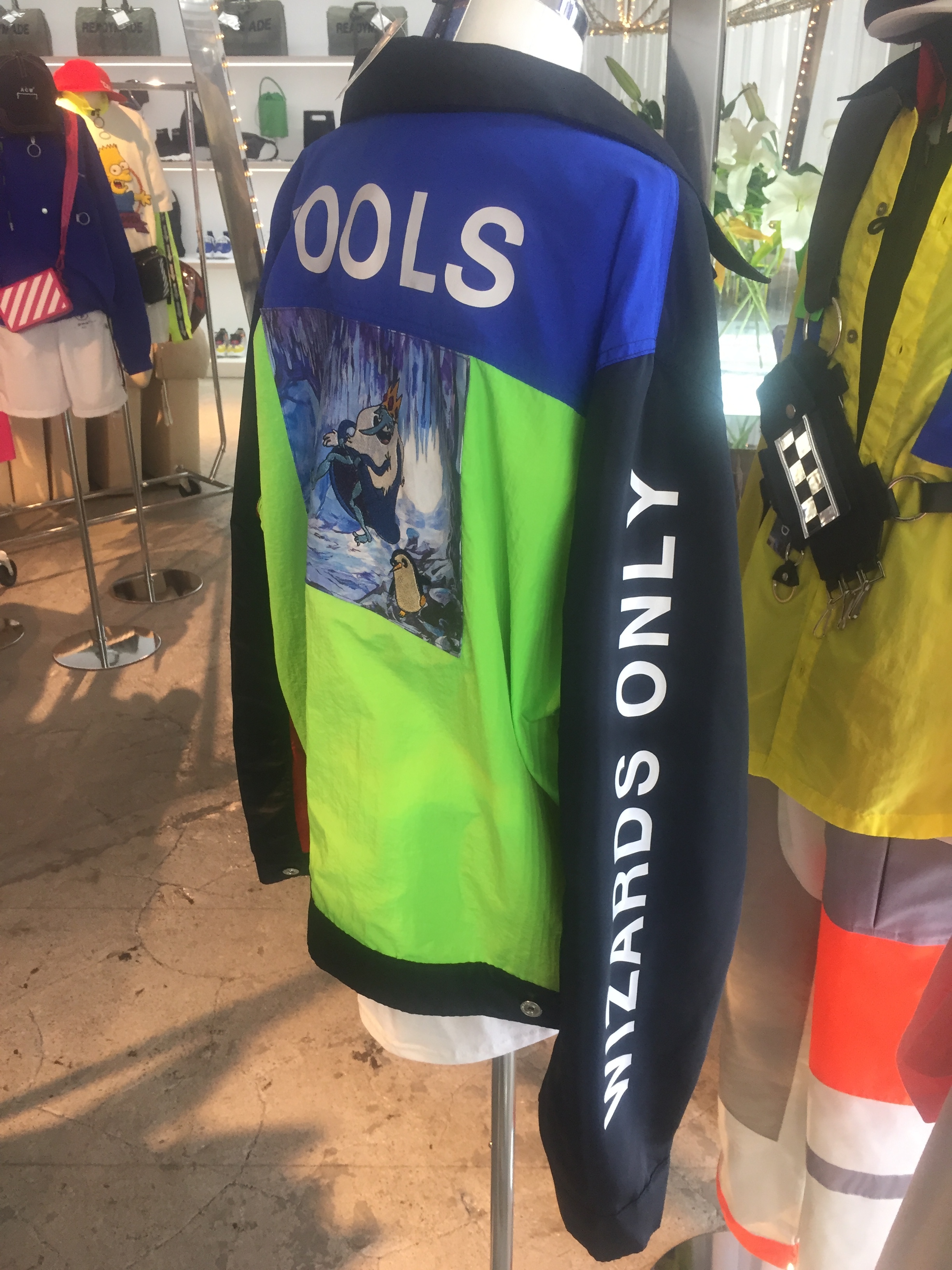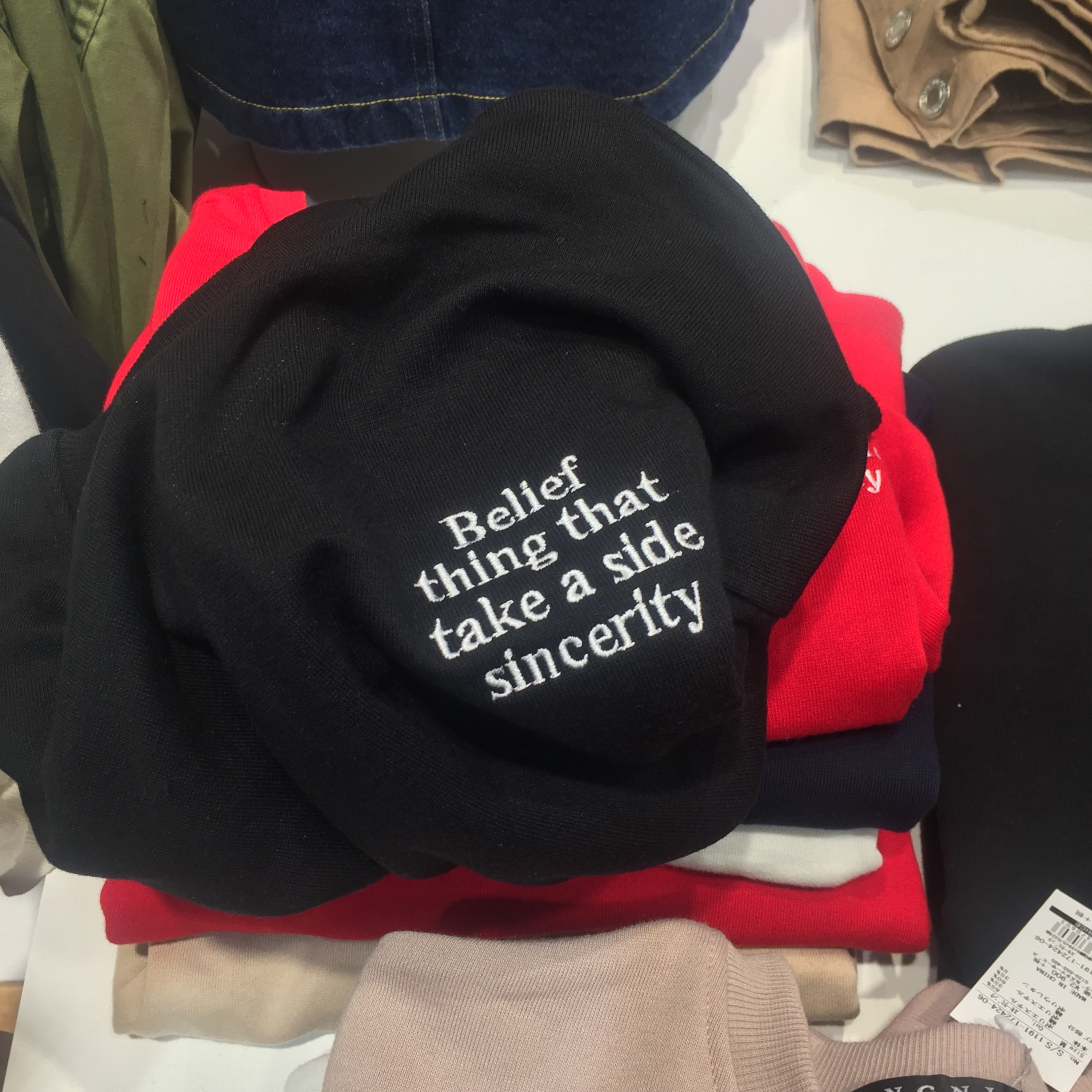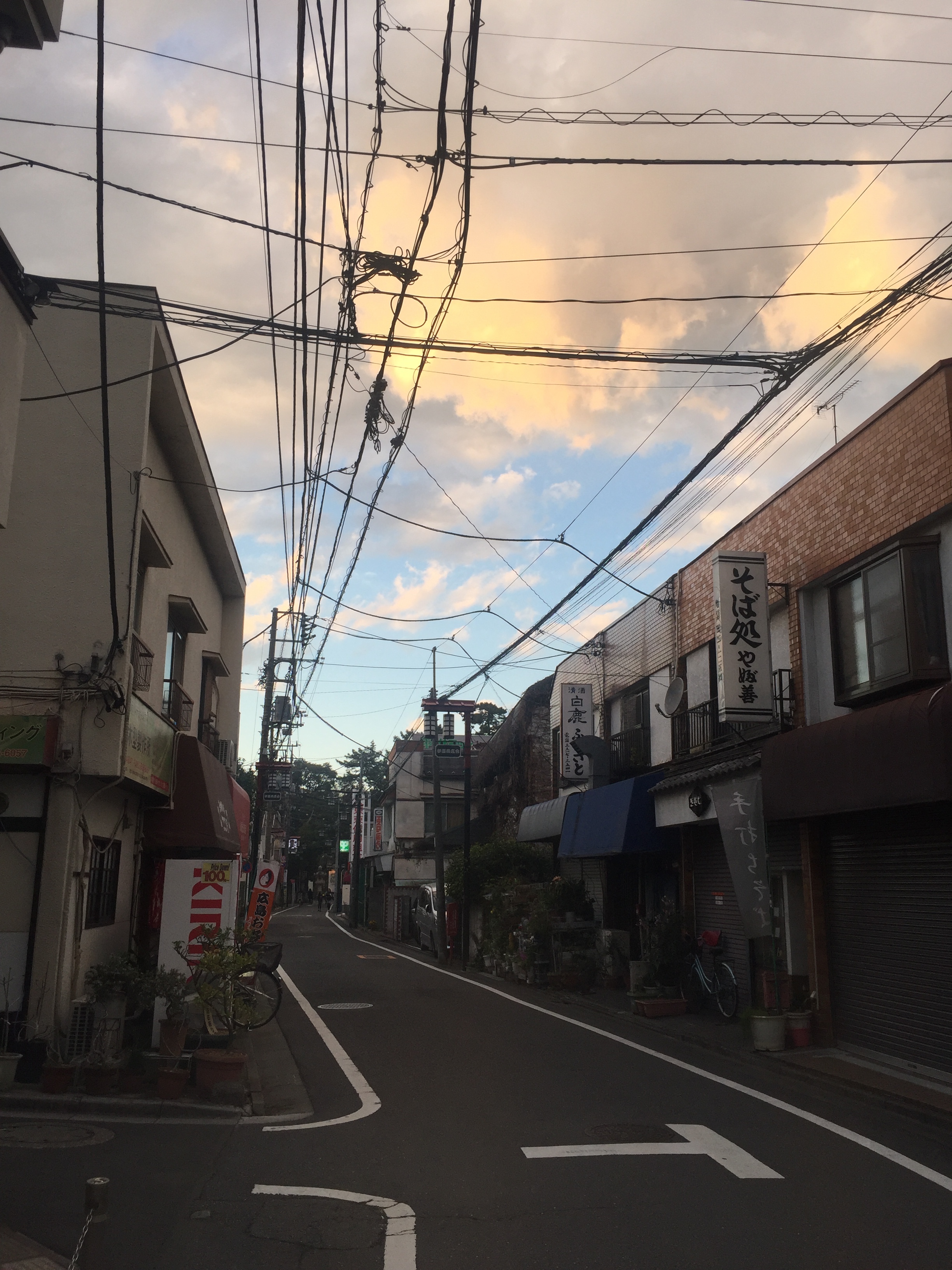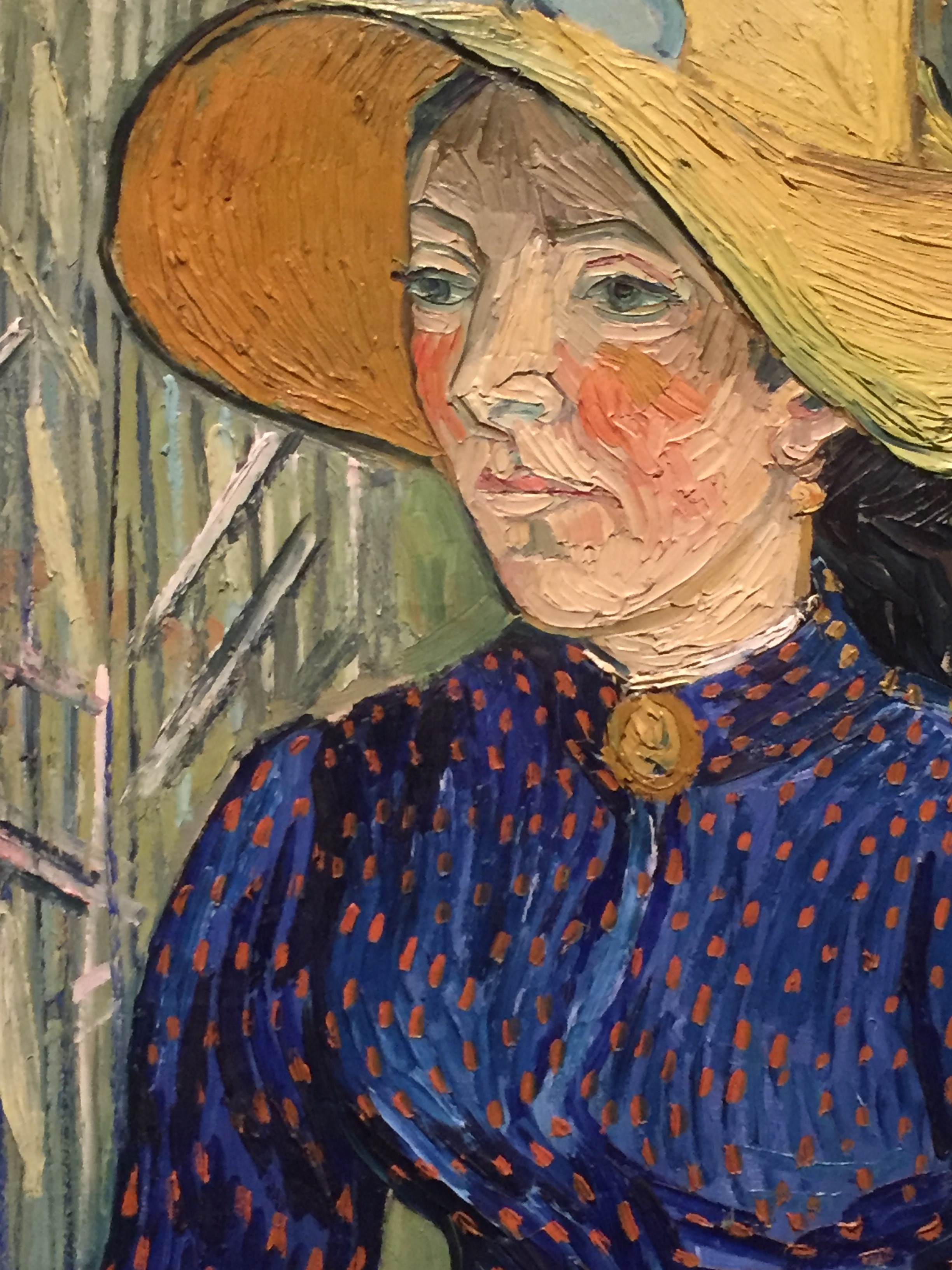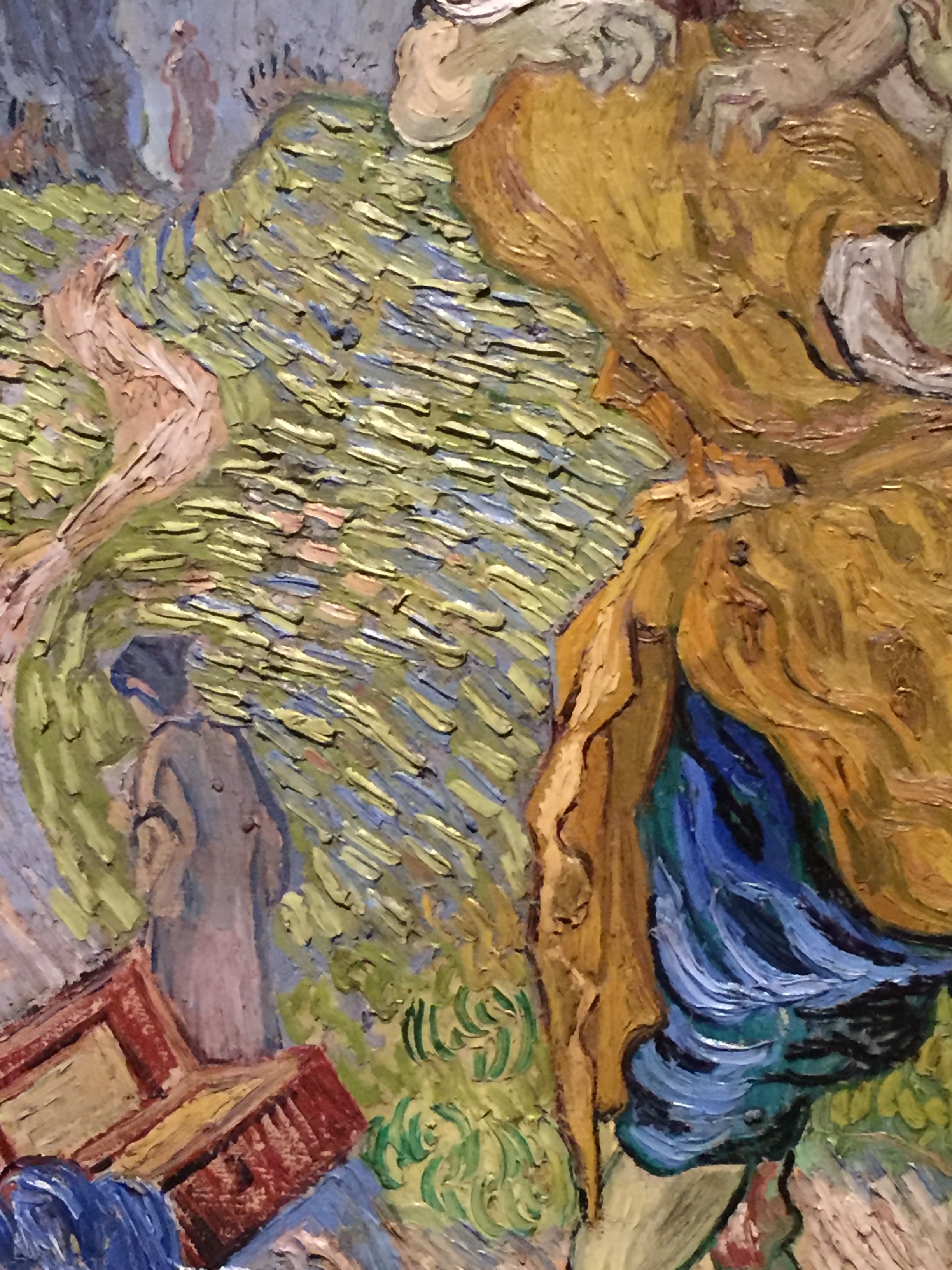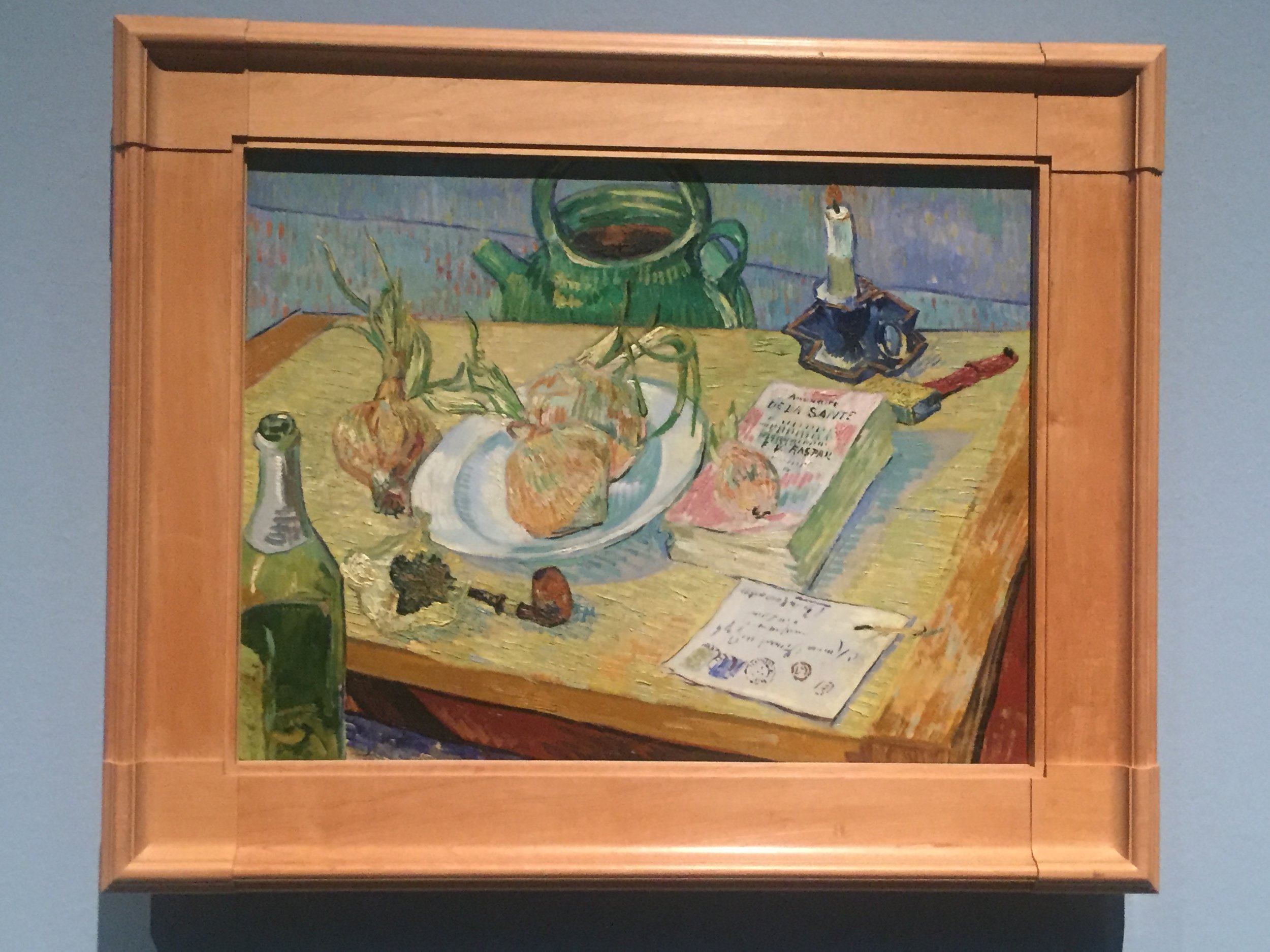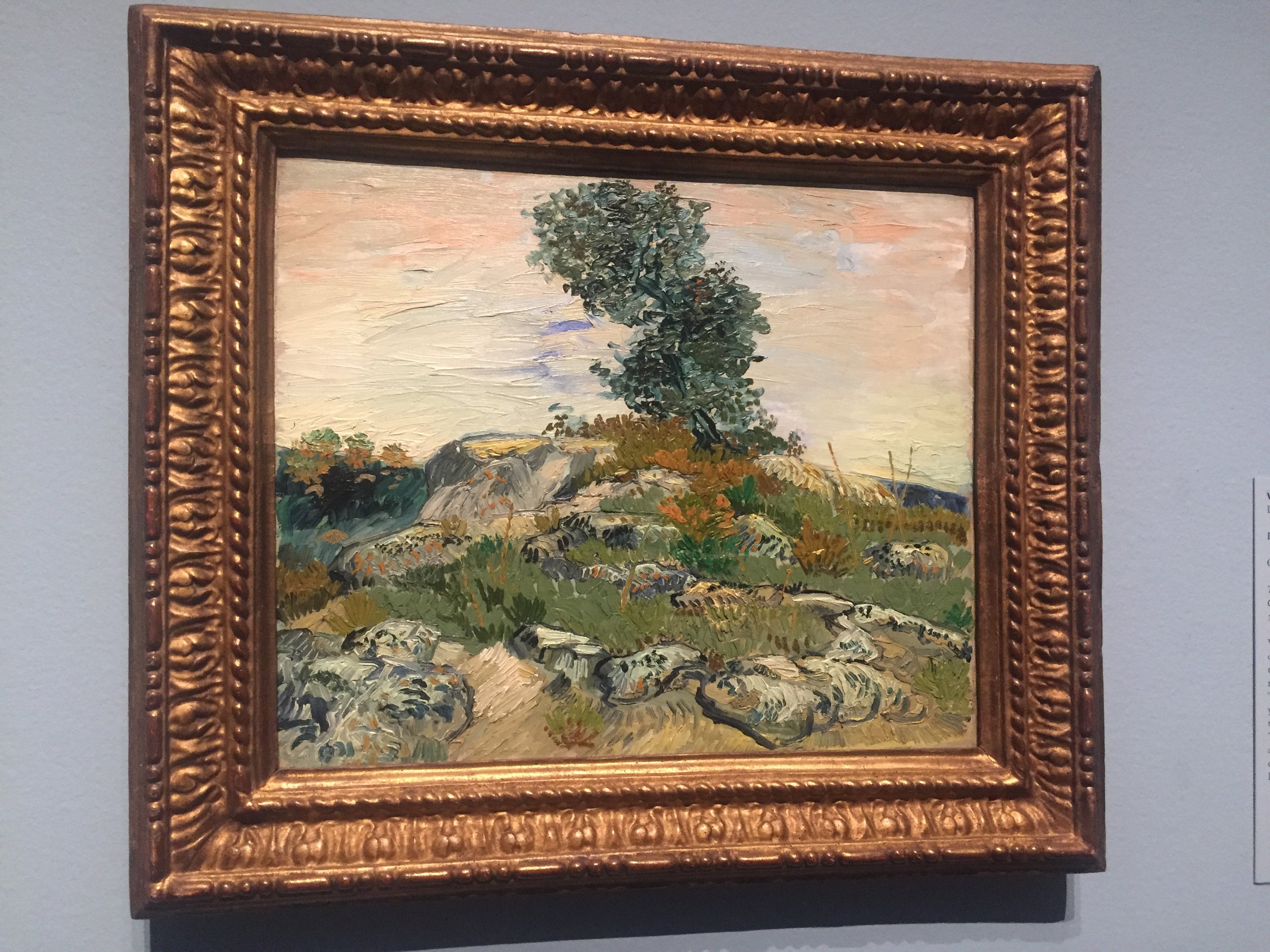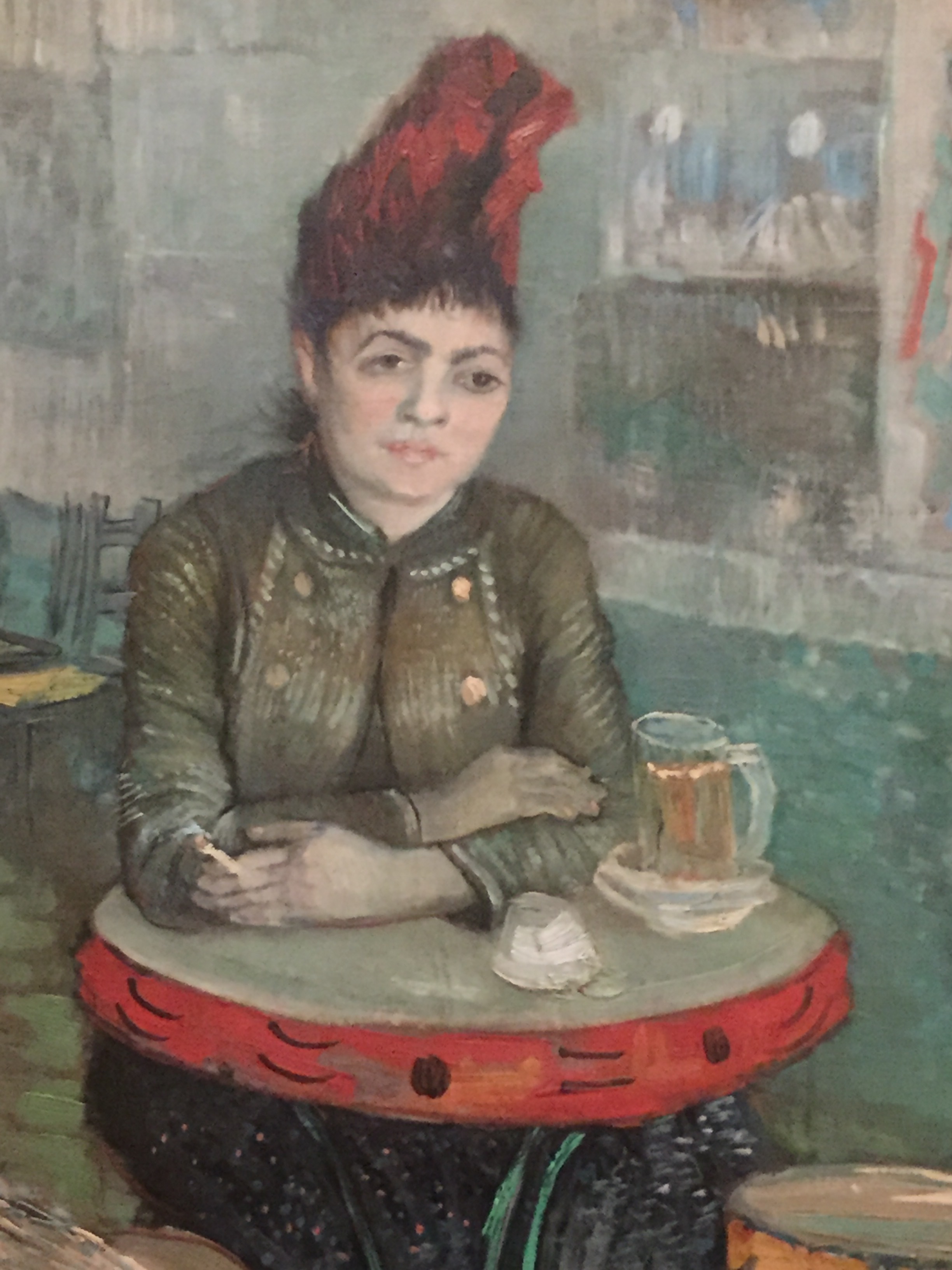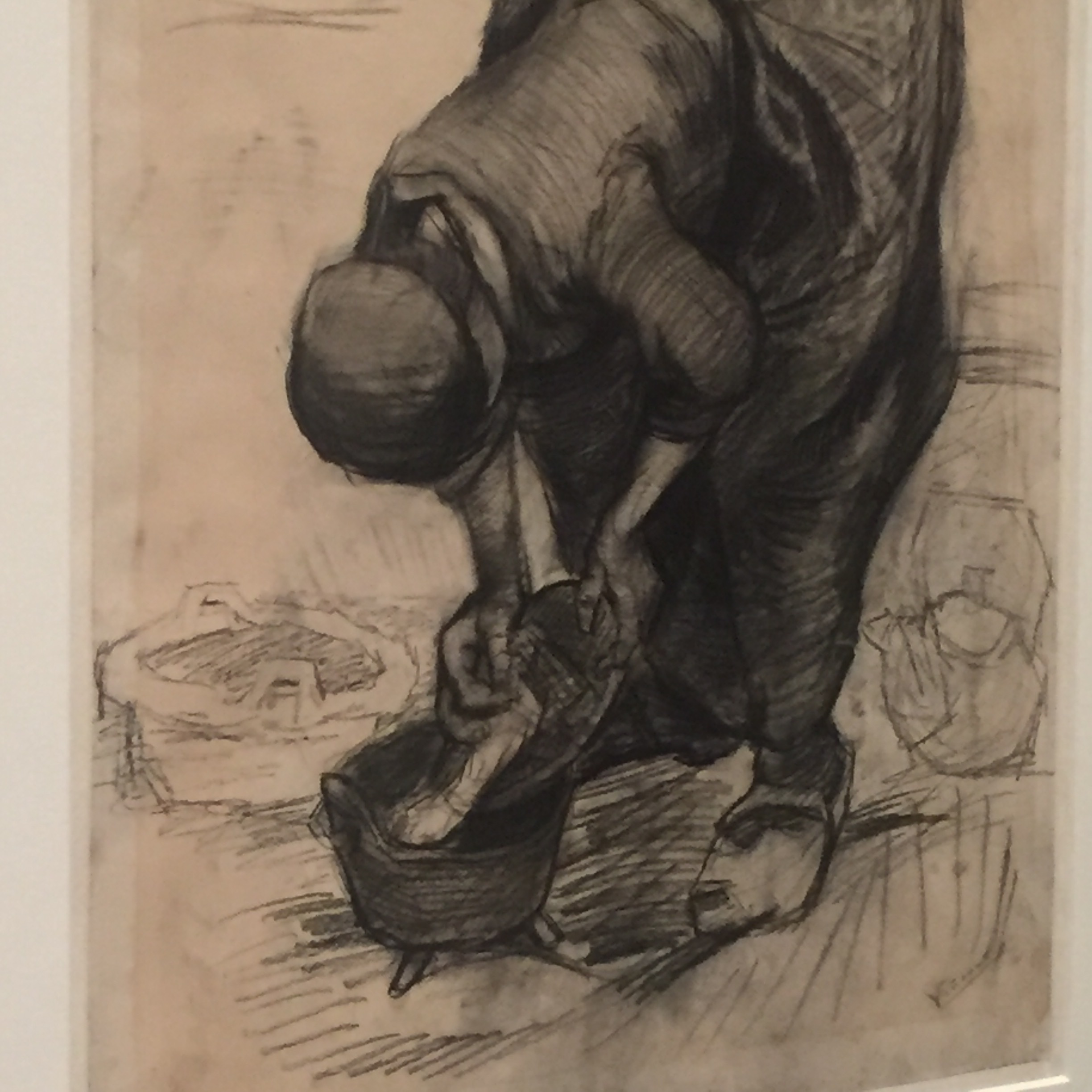If the world had more Sams and Vincents rather than fathers of abandon, imagine where we could be. In fact it’s probably the Sams and Vincents that keep it all together for us, the real fathers who know how terrible life can be for both men and women, and for all people, and who step in where nobody else will. It breaks my heart.
Reading these letters, you start to overly agree with Vincent - the world is actually very dumb, everyone sucks, Vincent is right about everything! But nobody can be that perfect, right? Citing suspicion of perfection, you can find the devil’s advocate on your shoulder wondering over these letters: What if he’s lying?
What if Vincent is casting himself as some sort of saint, where he’s really not?
But then - why would he lie? At best he could embellish, but he’s not interested in looking cool or being a savior. He’s not a land owner or a merchant, he self-identifies as a nobody. The letters are going only to Vincent’s little brother Theo, who isn’t impressed with Vincent at all. If Vincent wanted to preserve and glamorize himself in the eyes of his overbearing family, he would have never written about Sien at all. Instead, he nails himself to the cross.
In my whole life as an artist, I don’t think I’ve ever seen anyone represented more unfairly in popular culture or more misunderstood by non-artists. Van Gogh’s ear and suicide stand out as some of the most contested facts of art history. Was the ear a chapter of deranged self-harm, or was it Gauguin who chopped off the ear? Was Vincent’s death a suicide or was it a misaligned murder?
I’m not sure if these murder-mystery questions matter as much as we think they do. No matter what hurt van Gogh, we didn’t want it to happen. We didn’t want Vincent to get his ear cut off or for him to cut it off himself. We didn’t want him to kill himself or be murdered. We wanted Vincent to be around for a bit longer.
At one point, Vincent is beaming about how his doctor mistook him for an iron worker, and in other letters he carefully plots out how many years he had left. (Some artists live to 60 or 70!) Yes, carrying an easel all across the landscape will make you pretty buff.
Stress was plowing down on him from all directions - family, finance, occupation. He spent so much time defending his thoughts and choices. Sitting in my bed and staring at the letters, my poodle snoring and a TV show playing in the other room, I thought to myself: “What was the point of all of this fighting with his father ... what was the point of these thousands of words scrawled out across hundreds of pages. What if all of this time could have been spent on painting?”
Ultimately Vincent’s defense of himself and his ideas in his letters did matter for his painting - anyone else would have given up, not just on art, but on everything. His world was just crowded to the brink with antagonism. Vincent’s art didn’t happen because of his painful life, he made art despite it, and it’s simply amazing that it happened at all.
So, with all of his tenacity, why did van Gogh’s life end at such a young age?
I didn’t know what to make of the ending of this novel-of-letters. If we believe Van Gogh shot himself and was not assaulted, it’s as if Theo’s moment of weakness along with Vincent’s worsening epilepsy is enough to send Vincent over the edge. The moment that Theo shows weakness is the moment that Vincent gives in.
But I barely buy the suicide belief because Van Gogh was so interested in staying alive throughout all of his letters. The letters don’t even strike me as unhinged in a slight way, they’re simply very expressive. It wasn’t insane that Vincent could respond to Theo with novel-length itemized lists of arguments, it was just exhaustively comprehensive. Vincent spent his entire life defending his choices, accepting his choices, and believing in his work. Near the end, he even moved to a new asylum in the hope of getting better treatment.

